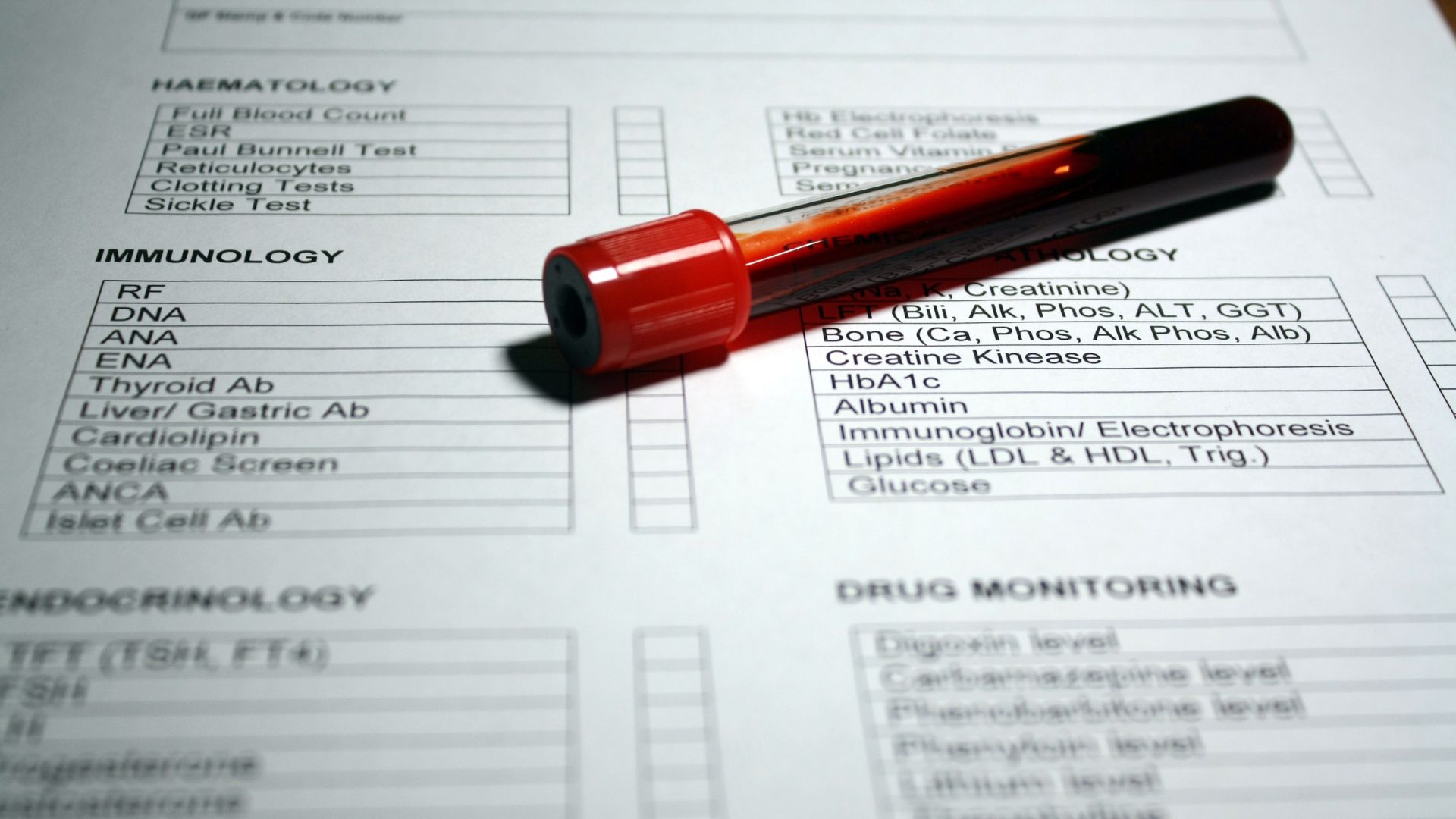Inflammation is a natural response by the body’s immune system to protect against harmful stimuli, such as pathogens, toxins, or injury. While acute inflammation is essential for healing and defense, chronic inflammation can lead to a host of health issues. Recent research has shed light on the role of pro and anti-inflammatory genes in regulating inflammation and its impact on overall health. Let’s delve into this fascinating topic and explore how genetic factors influence inflammation and health outcomes.
The Basics of Inflammation:
Inflammation is a complex biological process involving a series of molecular and cellular events. When the body detects a threat, such as an infection or injury, immune cells release pro-inflammatory cytokines and chemokines, signaling molecules that recruit other immune cells to the site of injury or infection. This inflammatory response helps to neutralise pathogens, clear damaged tissues, and initiate the healing process.
Pro-inflammatory Genes:
Pro-inflammatory genes encode proteins that promote inflammation and immune activation. These genes play a crucial role in initiating and amplifying the inflammatory response. Common pro-inflammatory cytokines include tumor necrosis factor-alpha (TNF-alpha), interleukin-1 (IL-1), and interleukin-6 (IL-6). Variations in pro-inflammatory genes can influence the intensity and duration of the inflammatory response, leading to differences in susceptibility to inflammatory diseases and conditions.
Anti-inflammatory Genes:
In contrast, anti-inflammatory genes encode proteins that dampen inflammation and promote resolution. These genes help regulate the inflammatory response, preventing it from becoming excessive or prolonged. Anti-inflammatory cytokines, such as interleukin-10 (IL-10) and transforming growth factor-beta (TGF-beta), counteract the effects of pro-inflammatory cytokines and promote tissue repair and healing. Genetic variations in anti-inflammatory genes can impact the body’s ability to resolve inflammation efficiently, contributing to chronic inflammatory conditions.
Impact on Health:
Imbalances in pro and anti-inflammatory gene expression can have far-reaching effects on health and disease risk. Chronic inflammation is implicated in the pathogenesis of numerous conditions, including autoimmune diseases, metabolic disorders, cardiovascular diseases, neurodegenerative diseases, and cancer. Genetic factors play a significant role in modulating individual susceptibility to these inflammatory conditions.
Personalised Approaches to Inflammation Management:
Understanding an individual’s genetic predisposition to inflammation can inform personalised approaches to health and wellness. Advances in genomic medicine have enabled the identification of genetic variants associated with inflammation and inflammatory diseases, allowing for targeted interventions and treatments. Lifestyle modifications, such as diet, exercise, stress management, and sleep hygiene, can also modulate inflammation and gene expression, promoting overall health and well-being.
Conclusion:
Inflammation is a fundamental process in the body’s immune response, but dysregulated inflammation can contribute to the development of chronic diseases. Pro and anti-inflammatory genes play a critical role in modulating the inflammatory response and influencing health outcomes. By understanding the interplay between genetic factors, inflammation, and disease risk, we can develop personalised strategies for inflammation management and disease prevention. Embracing a holistic approach to health that addresses both genetic and lifestyle factors is key to promoting optimal health and well-being.








